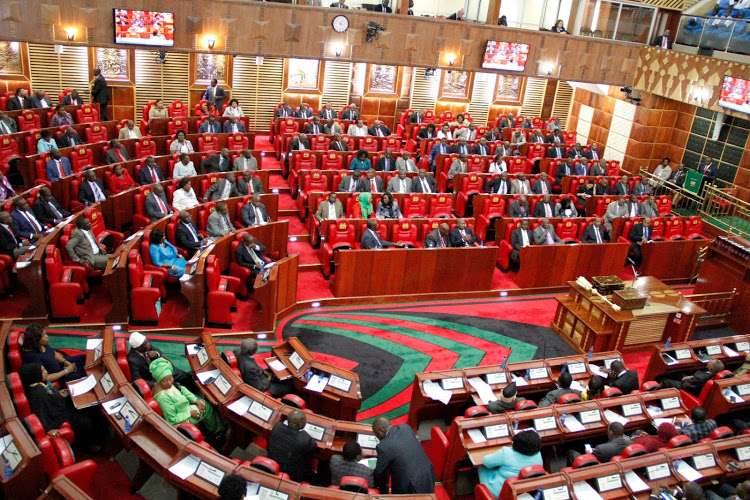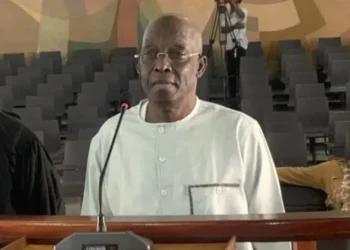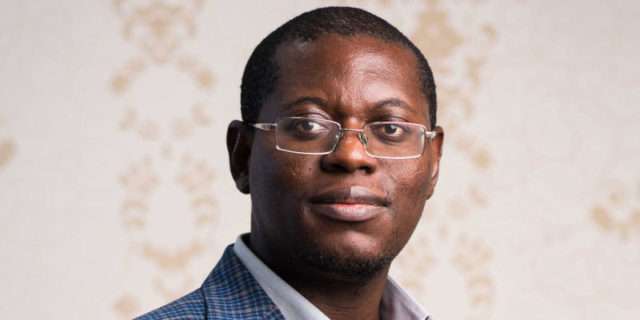In many democratic countries across Africa, a pervasive and grievous mistake has taken root in the formation of national policy: the erroneous belief that securing a parliamentary majority grants the government carte blanche to impose any policy on the populace.
While a parliamentary majority does indeed confer the power to enact legislation, it does not equate to an unfettered mandate to disregard the voices and concerns of millions of citizens.
Constitutionally, a majority in parliament empowers the government to govern and make decisions. However, this power should be exercised with restraint and a deep sense of responsibility.
Unfortunately, the prevailing trend in numerous African democracies is for the parliamentary majority to become little more than a rubber stamp for the executive branch.
This dynamic results in parliamentarians transforming into a cohort of “yes-men,” seldom scrutinizing policies with the rigor necessary to ensure they serve the public good.
This trend is detrimental to the very essence of democracy, which thrives on robust debate, scrutiny, and the representation of diverse viewpoints.
When parliament merely echoes the executive, it fails in its duty to act as a check and balance, compromising the quality and legitimacy of the policies enacted.
Moreover, public sentiment holds a crucial place in the democratic process. Effective governance demands that the government continually gauges public opinion and addresses opposition through dialogue and negotiation. Ignoring public sentiment breeds discontent and erodes trust in democratic institutions.
Despite this, many African governments persist in bulldozing policies through parliament by leveraging their majority, often in the face of significant public outcry.
A recent example is Kenya, where parliament approved a controversial financial bill despite weeks of widespread public protests.
Ruto is expected to sign it, even as religious leaders called it “unwarranted.”
This move underscores a disturbing pattern where the government prioritizes parliamentary arithmetic over genuine public engagement and consensus-building.
Ruto Renegade On Promise To Engage In Dialogue
What incensed the protesters was President William Ruto’s apparent U-turn when he promised the demonstrators his government will engage in dialogue.
“I am very proud of our young people… they have stepped forward peacefully and I want to tell them we are going to engage them”
William Ruto
One angry protester said, “When will Ruto engage us when Parliament has approved the bill on our blindside?”

Part of parliament was set ablaze as protesters rushed in and lawmakers fled. Bodies lay in the streets as the police opened fire on the protesters.
Ruto, elected in 2022, has consistently urged all Kenyans to pay their fair share of taxes. Some Kenyans now mock him as “Zakayo,” after the biblical tax collector Zacchaeus. Many see his aggressive stance as a form of dictatorship that’s out of sync with the realities of ordinary people.
In 2023, after the courts blocked some of his tax proposals, the president threatened to disregard court orders. That drew criticism from the Law Society of Kenya, whose leader accused Ruto of seeing himself as above the law.
Pro-democracy activists have warned that Ruto’s attacks on the judiciary indicate an authoritarian streak. Some see similarities between Ruto and his mentor Daniel Arap Moi, the former president who led Kenya during a long period of one-party rule.
To foster true democracy, African governments must recognize that a parliamentary majority does not equate to a blank cheque.
They must prioritize public consultation, transparent dialogue, and thoughtful negotiation, ensuring that policies reflect the will and welfare of all citizens, not just the whims of a parliamentary majority.
Only then can the democratic ideals of representation, accountability, and inclusivity be fully realized.
READ ALSO: CHRAJ Highlights Persistent Challenges in Upholding Human Rights





















